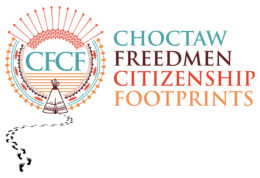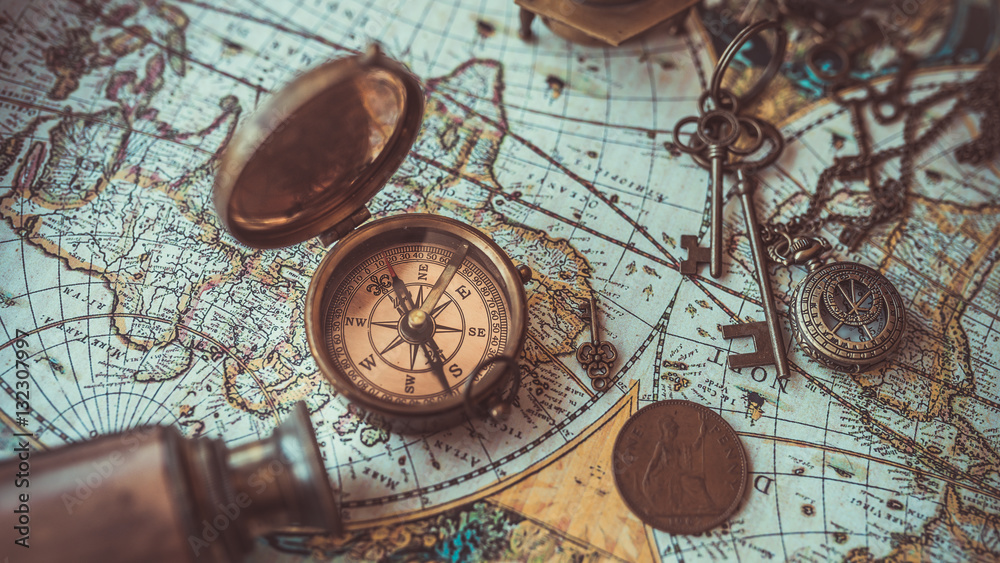Choctaw Freedmen Want To Reclaim Our Citizenship, Rights, & Privileges As Choctaw Natives of the Choctaw Nation......
01.
- Our Mission Statement
THE PURPOSE OF THE CHOCTAW FREEDMEN CITIZENSHIP FOOTPRINTS INC. is to preserve our history, heritage and culture as Choctaw Freedmen and their descendants. Educate our members, supporters and the public about the contributions Choctaw Freedmen have made in our history, heritage, and culture. We are also committed to reclaiming our “membership, rights and privileges as Native citizens” of the Choctaw Nation.
02.
— Who Are We?
Choctaw Freedmen are former enslaved African-Americans who were enmancipated and granted citizenship in the Choctaw Nation after the Civil War, which were the requirements of The Treaty of 1866 that was signed by the U.S. Government and the Choctaw Nation.
The Choctaw Freedmen were officially adopted as full members and citizens into the Choctaw Nation in 1885. However, ninety-eight (98 years) later in 1983 “the Choctaw Nation added a ‘by-blood’ requirement [for membership] into the constitution that excluded many Choctaw Freedmen from the tribe. Like other American Indian tribes, the elite in the Choctaw Indians adopted elements of the European culture. They developed large farms and plantations, and began adapting their system to using the customarily purchasing and holding chattel slave workers of African-American descent. Slavery lasted in the Choctaw Nation until after their signing of the 1866 Reconstruction Treaty. The former slaves of the Choctaw Nation were called the Choctaw Freedmen compared to the African-American freedmen in the United States
03.
- Pre & Post Dawes Commission
In 1894, the Dawes Commission was established to register Choctaw and other families of the Indian Territory (today known as the state of Oklahoma) so that each tribe’s communal lands could be allotted among its heads of households. Enrollment for the Dawes Rolls began in 1898 and ended in March of 1907, although there were a few names added as late as 1914. The Dawes Final Roll included 18,981 citizens of the Choctaw Nation, 1,639 Mississippi Choctaw, and 5,994 former slaves (and descendants of former slaves), most of them associated with the Choctaw in the Indian/Oklahoma Territory. Following completion of the land allotments, the U.S. proposed to end the tribal governments of the Five Civilized Tribes and to admit the two territories jointly as a state.
04.
— Choctaw Freedmen Want to Reclaim Our Citizenship.....
Impact of Social Structure : There was a law in the Choctaw Nation that made it illegal for a Choctaw native to marry a Choctaw Freedmen or an enslaved African-American. Many Choctaw Freedmen did marry into the tribe and bared mixed children. And, children born from “unmarried” unions or out of wedlock claims which were stated also during the Dawes Commission interviews. The decision was never favorable and they were still seen as Choctaw Freedmen and strictly still seen as African-Americans despite whether their mother or father was a full-blood Choctaw Indian or ¾, ½ or ¼ blood.
However, reviewing the exhibit of countless documents of the Choctaw Freedmen ancestors i.e. Choctaw Roll #s, census cards, witness statements made during the Dawes Interviews with the Dawes Commissioner, viewing countless ancestral photographs, orated stories from former enslaved people that were documented by the WPA, etc.). We’re now in the 21st century and many decades have now passed since the Choctaw Nation changed their constitution in 1983 where they no longer allow Choctaw Freedmen as citizens. The Choctaw Freedmen still continue to face considerable discrimination in terms of social identity, not having a seat at the table for an even open dialogue and discussion. While we watch the Choctaw Nation considered and accept mixed-race Choctaw of partial white ancestry as Indian citizens of their tribe.
05.
In 2021, the Choctaw Freedmen are still fighting for equal legal status in the tribe. They asked Congress to withhold funding until these tribes address freedmen citizenship. By 2021, only the Cherokee Nation had updated their constitution to accept and enroll over 8,500 Cherokee Freedmen as citizens. Importantly, 155 years after the Treaty of 1866, a unanimous Cherokee Nation Supreme Court affirmed the rights of their freedmen and their descendants, and through these actions the Cherokee Nation, as a whole has lifted its self up into the 21st century and removed the heavy weight of racial injustice and favor equality for their Cherokee Freedmen and descendants.

